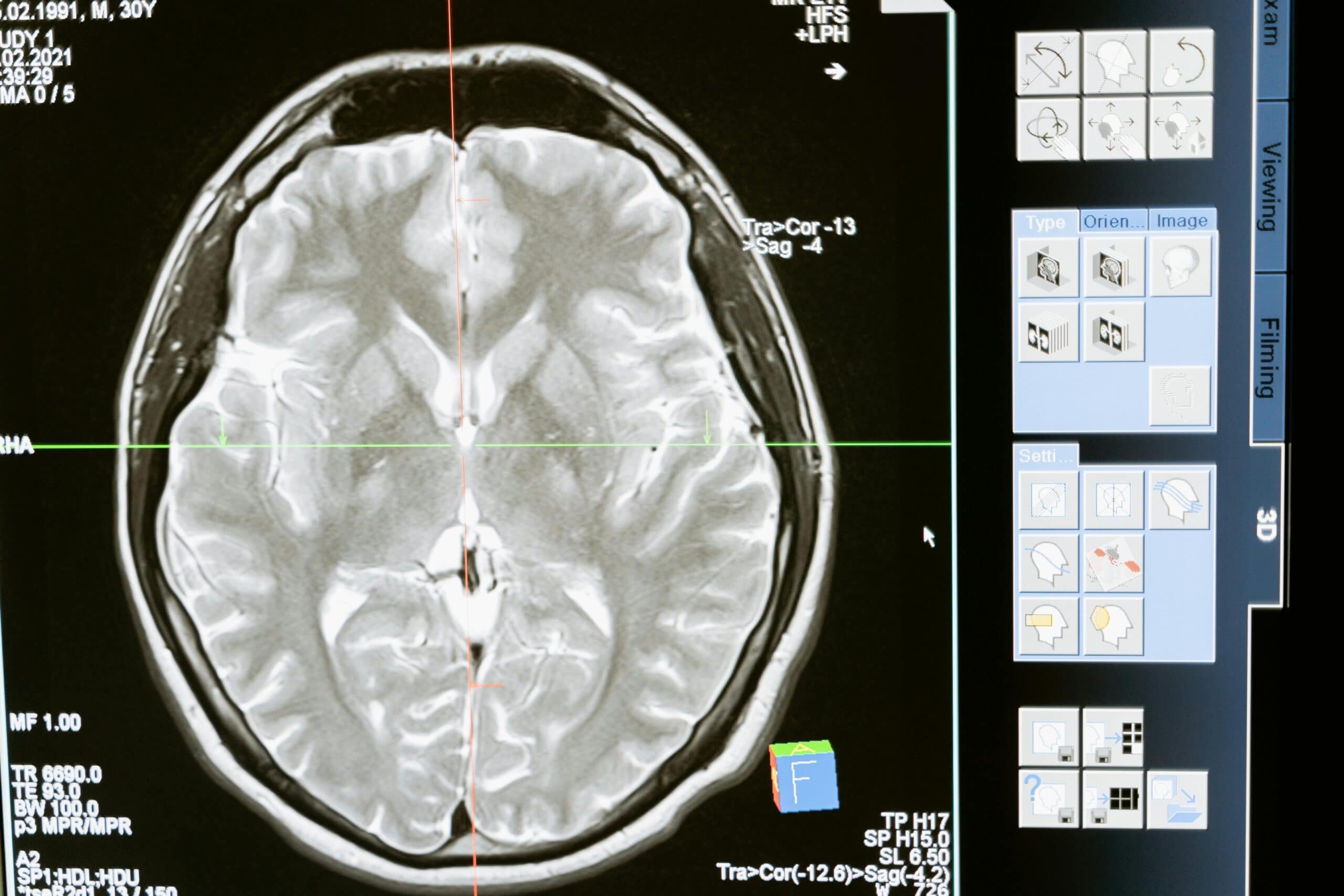A brain injury is a life-altering experience, and seeking compensation for your losses is crucial in ensuring you receive the support you need. In some cases, resolving a brain injury claim may require taking the matter to court. This article will explain what happens if your brain injury claim goes to court and how to prepare for it.
Understanding Brain Injury Claims
You need to understand how brain injury claims work before we answer what happens if they go to court. Brain injury claims are made for a brain injury, often a traumatic brain injury (TBI); it is a brain injury caused by a jolt to the body, a blow to the head, or penetration of the skull or nerve cells. Brain injuries can have severe long-term consequences, impacting a person’s physical and mental health.
When pursuing a brain injury claim, you file a lawsuit against those at fault to win compensation for lost wages, medical expenses, and other losses resulting from the injury. The aim is to prove the other party’s negligence or wrongful actions caused your brain injury, and they are liable for compensating you.
The Possibility of Going to Court
While many brain injury claims are resolved through settlement negotiations, there are instances where going to court becomes necessary. If the at-fault party’s insurance company denies a fair settlement or denies liability, your case may proceed to trial. However, going to court should be the last resort as it can be lengthy and complex.
Preparing for Court
You must adequately prepare for court hearings if your brain injury claim goes to court. A brain injury lawyer can help you do that, but here’s what typically happens during the court process:
1. Discovery: Both parties exchange information and evidence through discovery. It includes gathering medical records, witness testimonies, expert opinions, and other evidence supporting your claim.
2. Pre-Trial Motions: Before the trial, your lawyer and the opposing party’s attorney may file motions to address legal issues, such as the admissibility of evidence or dismissal of specific claims.
3. Jury Selection: A jury will be selected if your case goes to trial. Your lawyer will help identify potential jurors who may be biased or unsuitable for the case.
4. Opening Statements: Your lawyer will present an opening statement that shows the facts of the case and the arguments presented during the trial.
5. Presentation of Evidence: Your lawyer will present evidence, including eyewitness accounts, expert testimony, and medical records, to support your claim. The opposing party will also present their evidence.
6. Cross-Examination: Your lawyer will have the opportunity to cross-examine the opposing party’s witnesses, challenging their credibility or highlighting inconsistencies.
7. Closing Arguments: Your lawyer will make a closing argument, summarizing the evidence and presenting a persuasive case to the jury.
8. Jury Deliberation and Verdict: After hearing all the evidence and arguments, the jury will deliberate and reach a verdict. If the jury determines that the at-fault party is liable for your brain injury, they will decide on the compensation you should receive.
How the Brain Injury Attorneys at Bourassa Law Group Can Help
Navigating a brain injury claim in court requires legal expertise and experience. If your brain injury claim is heading to court, you must have a knowledgeable and experienced brain injury lawyer to assist you. The brain injury attorneys at Bourassa Law Group can help brain injury victims in Nevada seek the compensation they deserve.
Contact us at (800) 870-8910 to schedule a free consultation and discuss your case. Our compassionate team of brain injury attorneys will listen to your story, determine the merits of your claim, and help you navigate the legal process. Don’t face the challenges of a brain injury claim alone – let us fight for your rights and advocate for the compensation you deserve.





